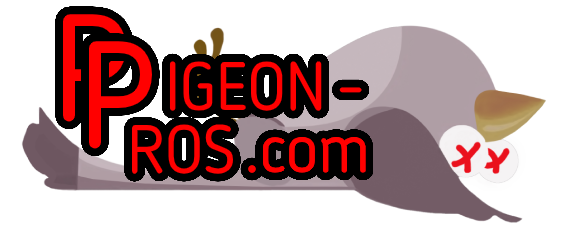Although we don’t have a page specifically devoted to rodents such as mice & rats, the damage they cause is often very similar to chipmunk.
We will eliminate Mice & Rats as well.
Eastern chipmunk (Tamias striatus) is found in eastern North America they are almost everywhere in New York state. It is a small rodent like species which can reach 12 in. in length including the tail, and only weighs 2–6 oz. It has reddish-brown fur on its upper body and five dark brown stripes contrasting with light brown stripes along its back, ending in a dark tail. It has lighter fur on the lower part of its body. It has a tawny stripe that runs from its whiskers to below its ears, and light stripes over its eyes. The eastern chipmunk lives in deciduous wooded areas and urban parks throughout the eastern United States. It prefers locations with rocky areas, brush or log piles, and shrubs to provide cover. Being adaptable like mice or rats they can live in the woods or your yard.
It is a small rodent like species which can reach 12 in. in length including the tail, and only weighs 2–6 oz. It has reddish-brown fur on its upper body and five dark brown stripes contrasting with light brown stripes along its back, ending in a dark tail. It has lighter fur on the lower part of its body. It has a tawny stripe that runs from its whiskers to below its ears, and light stripes over its eyes. The eastern chipmunk lives in deciduous wooded areas and urban parks throughout the eastern United States. It prefers locations with rocky areas, brush or log piles, and shrubs to provide cover. Being adaptable like mice or rats they can live in the woods or your yard.
Again like mice or rats, chipmunks can climb trees well, but construct underground nests with extensive tunnel systems, often with several entrances. To hide the construction of its burrow, the eastern chipmunk carries soil to a different location in its cheek pouches. It also lines the burrow with leaves, rocks, sticks, and other material, making it even harder to see. It has several bird-like or chattering calls; one is a trill at the rate of 130 vibrations per minute and another is a lower-pitched, clicking sound.
Nuisance Chipmunk Damage
Chipmunks are classed as a rodent, and like other rodents such as mice and rats, damage occurs over time. Wild rodents also may cause considerable property damage because they will gnaw on wooden structures, eat garden vegetables, fruits and flowers; clog downspouts and chew on the bark and buds of ornamental plantings. Making these critters a big problem.
Problem chipmunks eat everything they come across, plant or animal matter alike; chipmunks will consume flower bulbs, seeds, seedlings, grass seed, pet foods and birdseed from bird feeders. The majority of their preferred foods are seed-based. If you have a bird feeder in your garden, the seeds that drop to the floor could very well be what attracts chipmunks and other rodents such as mice and rats. They will also eat growing plants and crops the primary cause of concern with chipmunks is the damage they do to entire patches of vegetation. Damage may occur in your lawn and gardens due to pilfering chipmunks uprooting your plants and flowers. Fruit and various roots or bulbs are also on the menu, many of which you probably have growing in your garden. If the chipmunk eats the roots of a plant, the plant won’t grow. Your planting methods will have been for nothing.
Be warned if you have what they want in your back garden garage, house shed or basement, they’re going to come in, they will either find or create a way in and they’re going to munch their way through it and leave droppings inside.
Of course, being a burrowing animal, they will leave holes and tunnels in your garden, patios, stairs, retention walls, and foundations of your home or other buildings which can lead to structural problems.
Your land could become unstable, and if you have other animals on that land, such as livestock or pets, it wouldn’t take much for them to get injured if they were to fall through a hole that was caused by these digging creatures. People may also be injured in this manner
They will chew everything and anything they come across, given a chance, and this can have a very bad effect on underground electrical cables and hoses and cables in your car as well as your homes or business electrical wiring system.
Once populations reach 20 individuals or more in an urban landscape there is a serious problem as damage is intensified. When populations reach densities high enough to cause significant damage, homeowners must call a certified nuisance wildlife control operator
Chipmunks mice and rats can carry infected fleas and plague, a bacterial disease people can contract through close contact with these animals, health officials warned.
They can carry many diseases including hantavirus, leptospirosis, lymphocytic choriomeningitis (LCMV), Tularemia and Salmonella. Chipmunks mice and rats can also carry infected fleas and plague, a bacterial disease people can contract through close contact with these animals, health officials warned.
